- The 10th session of the African Ministerial Conference on the Environment is currently taking place in Côte d’Ivoire, seeking to address the pressing environmental challenges facing the continent, including land degradation and climate change.
- This edition of the conference also aims to strengthen regional cooperation and define common positions for Africa during the upcoming international negotiations on climate change and biodiversity.
- The ministerial declaration and decisions taken at this meeting will be crucial for the continent’s ability to reconcile economic development and environmental protection.
ABIDJAN — Environment ministers from across Africa are meeting this week in Côte d’Ivoire to discuss urgent challenges and strengthen ambition and action against land degradation, desertification and climate change on the continent.
The 10th Special Session of the African Ministerial Conference on the Environment (AMCEN) is themed “Raising Africa’s Ambitions to Reduce Land Degradation, Desertification and Drought,” and comes against an alarming backdrop. According to the Food and Agriculture Organization of the United Nations, about 65% of productive land in Africa – or 45% of the continent’s total land area – is currently degraded, affecting more than 400 million people.
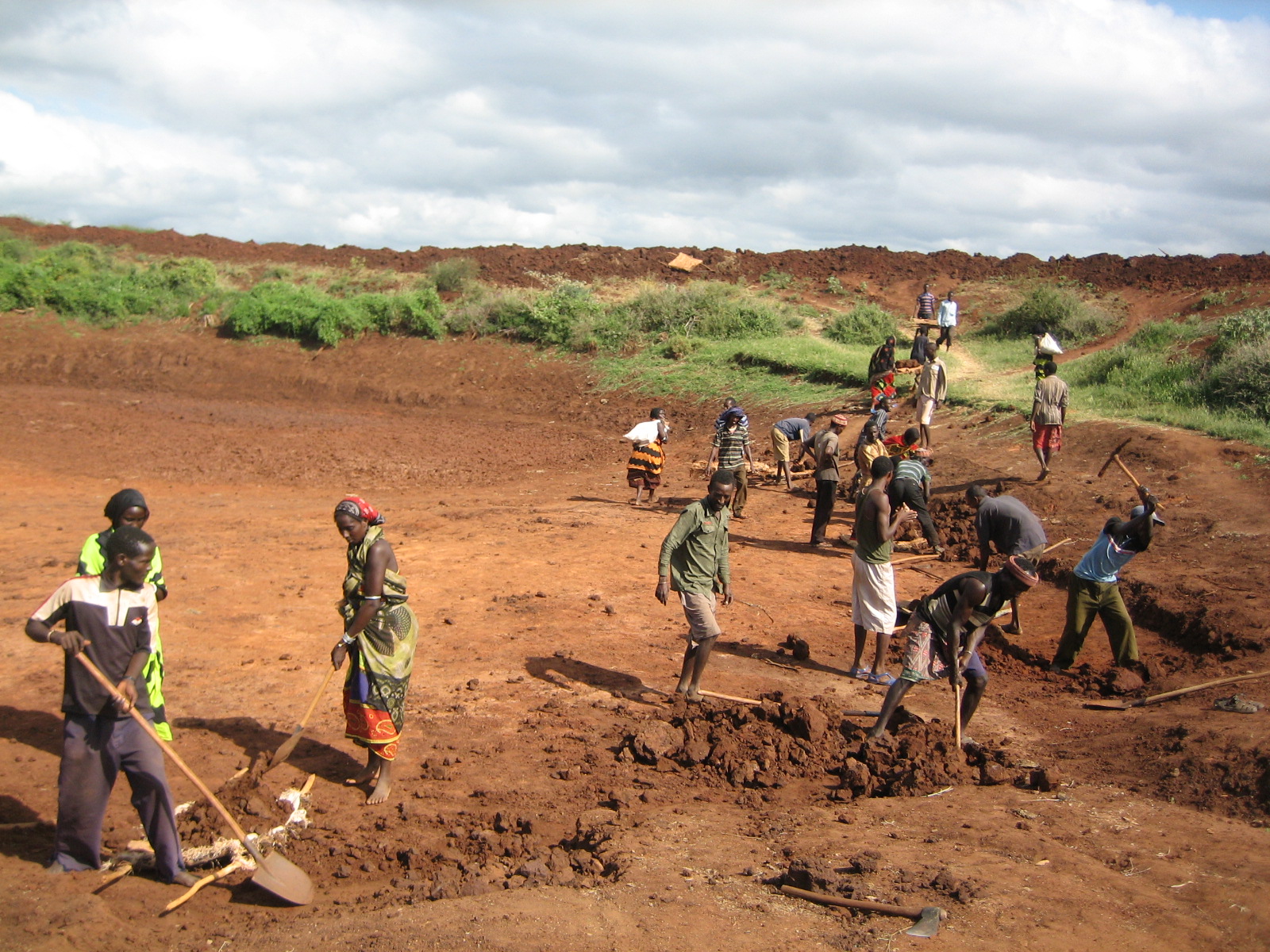
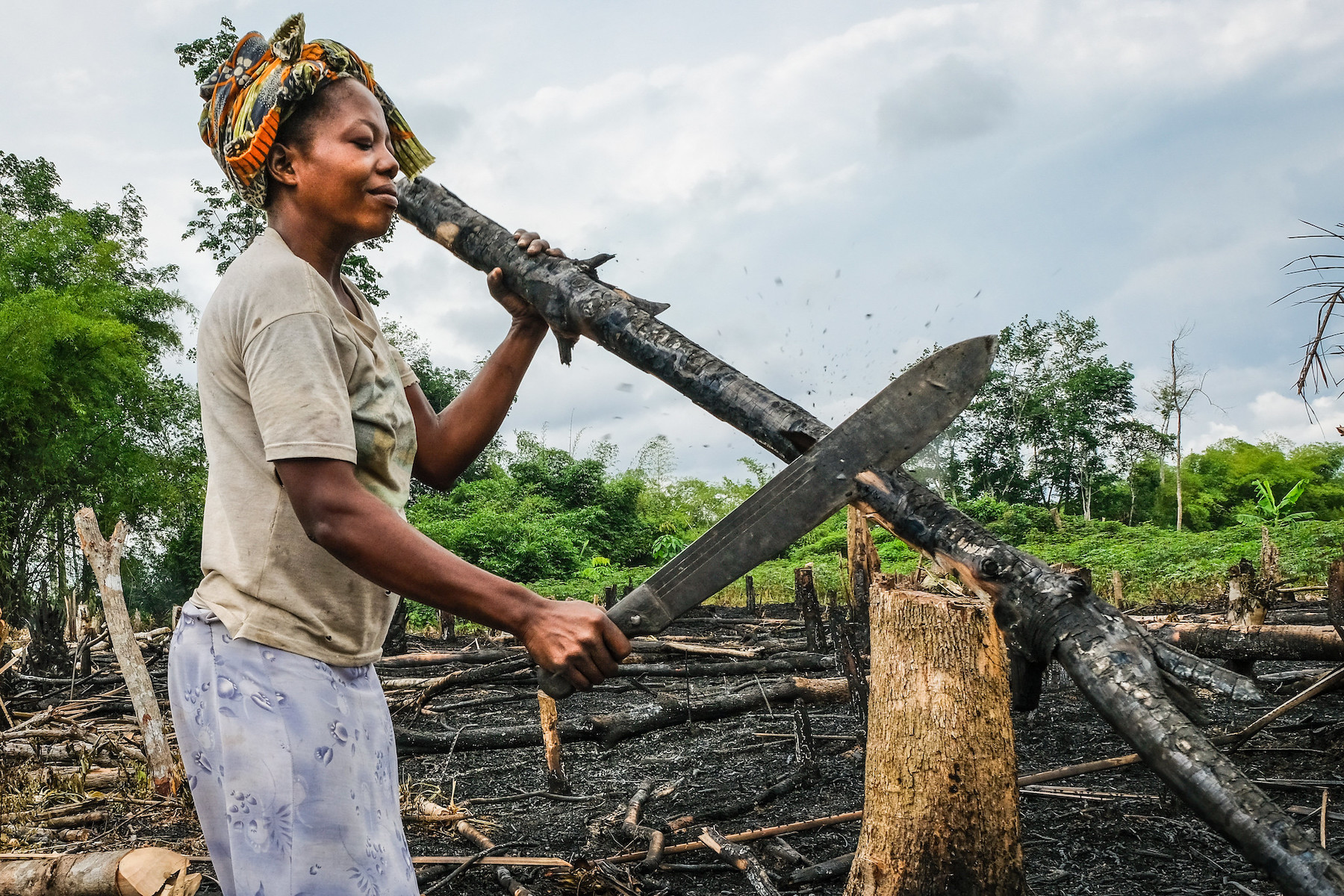
The Sahel and the Congo Basin at the heart of concerns
The situation is particularly worrying in regions such as the Sahel and the Congo Basin, the world’s second largest rainforest. The Congo Basin’s 300 million hectares of forest account for 70% of Africa’s forest cover. These forests play a crucial role in carbon storage, storing a quarter of the world’s terrestrial carbon stock, or about 29 billion tonnes of greenhouse gases. If deforestation continues at its current rate, projections suggest that 27% of the basin’s remaining intact forests will be gone by 2050.
By 2023, the Democratic Republic of Congo (DRC), where the largest share of these forests are located, had lost more than 500,000 hectares (1.2 million acres) of primary tropical forest due to its population’s heavy reliance on forest resources: clearing forests to grow food and produce charcoal for fuel.
(According to Global Forest Watch, in tropical regions worldwide, 3.7 million hectares of primary forests will have been lost by 2023, roughly the size of Bhutan. In other words, by 2023, the equivalent of 10 football fields of forest will have been lost every minute in the tropics.)
The situation in the Sahel, a vast swath of savannah and arid forest that stretches across West and Central Africa from Senegal and The Gambia to the Central African Republic, is no less critical. Each year, the continent as a whole loses about 4.4 million hectares of productive land to desertification, leading to reduced agricultural production and causing nearly 68 million Africans to go hungry. The World Bank reports that 46 million people in the Sahel and similar regions of the Horn of Africa suffer from severe food insecurity, compounded by drought and land degradation.
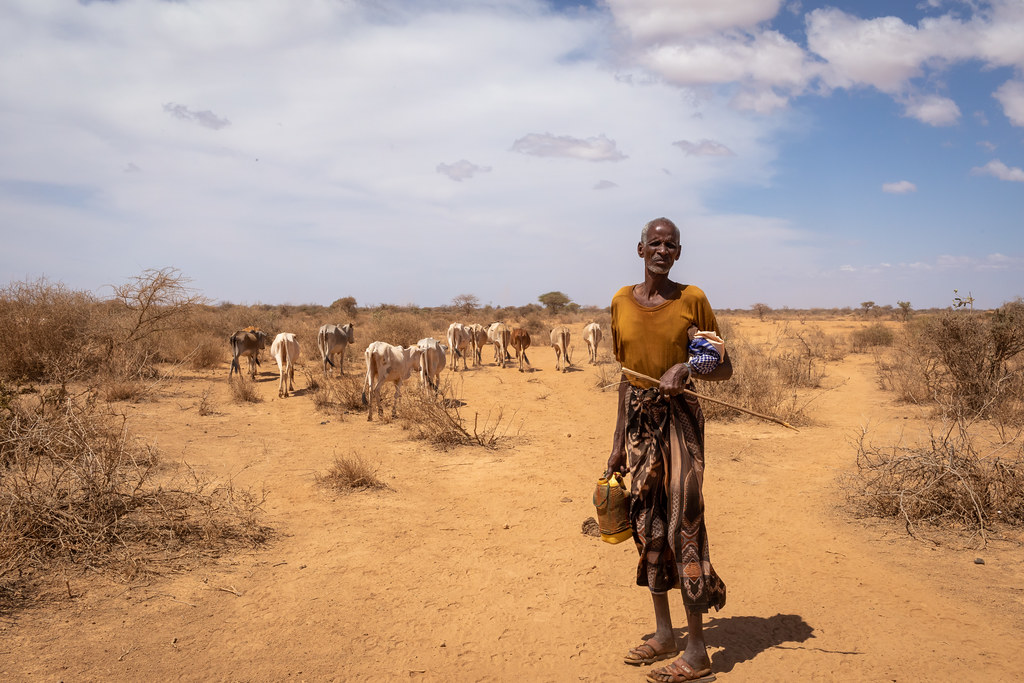
Africa at a critical turning point
The 10th AMCEN is taking place at a critical time, as Africa faces unprecedented environmental challenges, exacerbated by climate change, experts say. The decisions taken in Abidjan will have a significant impact on how the continent addresses these challenges in the years to come.
The Abidjan environment ministers’ summit is expected to play a crucial role in preparing African positions for the upcoming Conference of the Parties (COP) to the Convention on Biological Diversity (CBD) in Cali, Colombia, in October, and the annual UN climate conference that begins in late November in Baku, Azerbaijan. African environment ministers will discuss strategies for adapting to climate change and protecting the continent’s unique biodiversity, as well as the vital issue of implementing commitments made under international agreements such as the CBD and the Paris Agreement.
In this context, emphasis will be placed on strengthening partnerships and creating synergies to better mobilize resources, considering new financing mechanisms for ecosystem restoration efforts and making strategic use of climate finance and public-private partnerships.
AMCEN will also serve as a platform to consolidate positions to be adopted at the 16th Conference of the United Nations Convention to Combat Desertification and the fifth session of the Intergovernmental Negotiating Committee working towards a binding instrument against plastic pollution.
This conference of environment ministers is taking place in two phases. Before ministers begin arriving from across Africa for discussions on September 5-6, a meeting of experts was held on September 3-4.
The expert meeting reviewed progress towards what is known as “land degradation neutrality”: avoiding further land degradation, adopting sustainable management techniques to reduce existing degradation, and scaling up efforts to restore the health of degraded lands. There was also a focus on building resilience to drought, which has hit several regions of the continent hard, including the Horn of Africa and the Sahel.
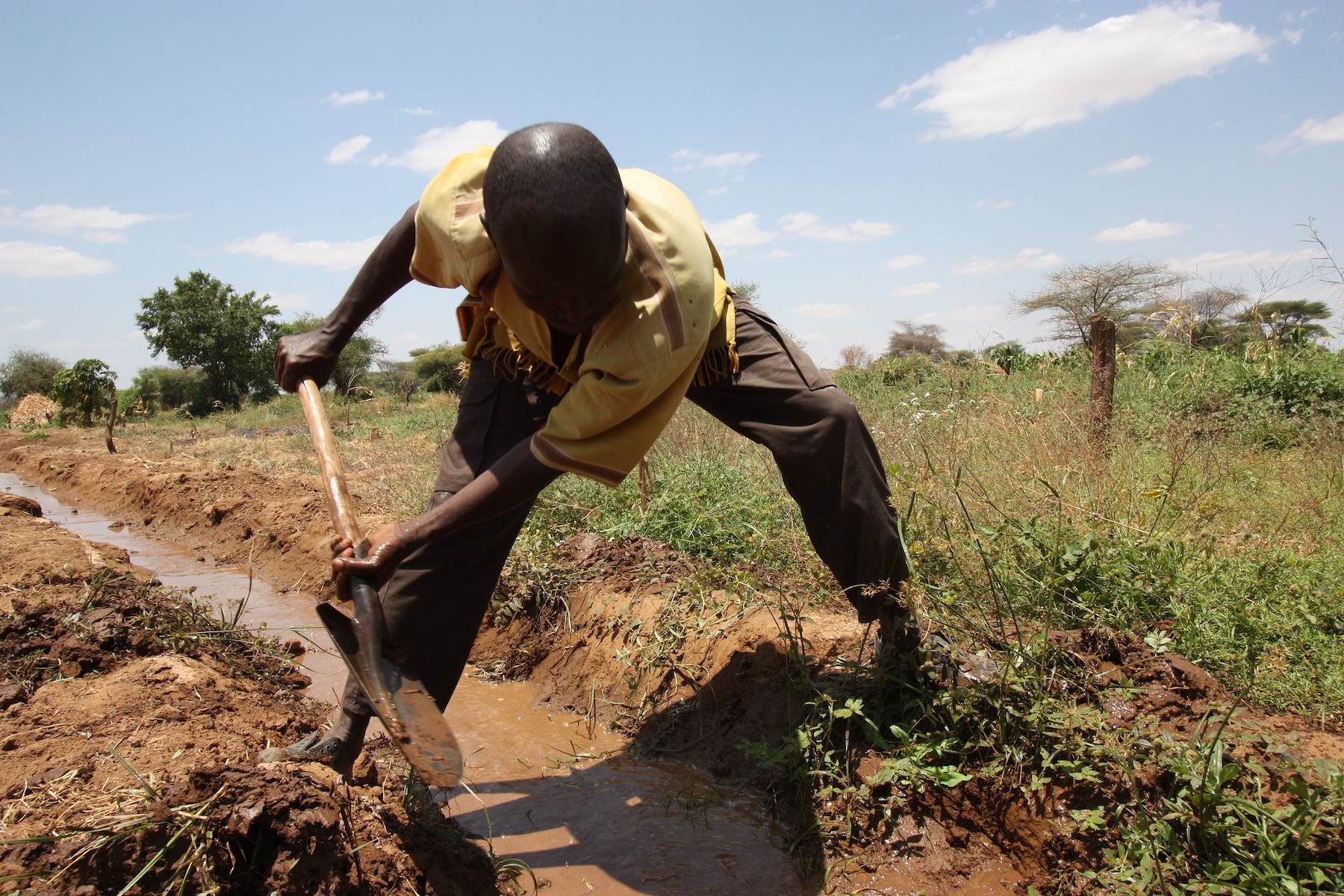
Closer collaboration with non-state actors
A notable aspect of this session is the participation of non-state actors. Ahead of the experts’ meeting, a regional consultative meeting (RCM) of civil society, non-governmental organizations and other stakeholders took place on 1-2 September, creating space for these groups to contribute to the discussions and formulate recommendations that will be taken into account in subsequent ministerial deliberations.
Rose Mwebaza, Regional Director for Africa at the UN Environment Programme, stressed the urgency of the situation: “We see increasing drought and desertification in many parts of Africa. We need to work with governments to find solutions to these problems. Similarly, without non-governmental organizations and civil society, we will struggle to make a difference.”
Highlighting the importance of this collaboration, Parfait Kouadio, Chief of Staff of the Ministry of Environment and Sustainable Development of Côte d’Ivoire, opened the RCM by stating that “to address climate change, we need coordinated action by governments and national stakeholders.” [civil society and NGOs] able to play an important role both in intellectual reflection and in the implementation of projects.”
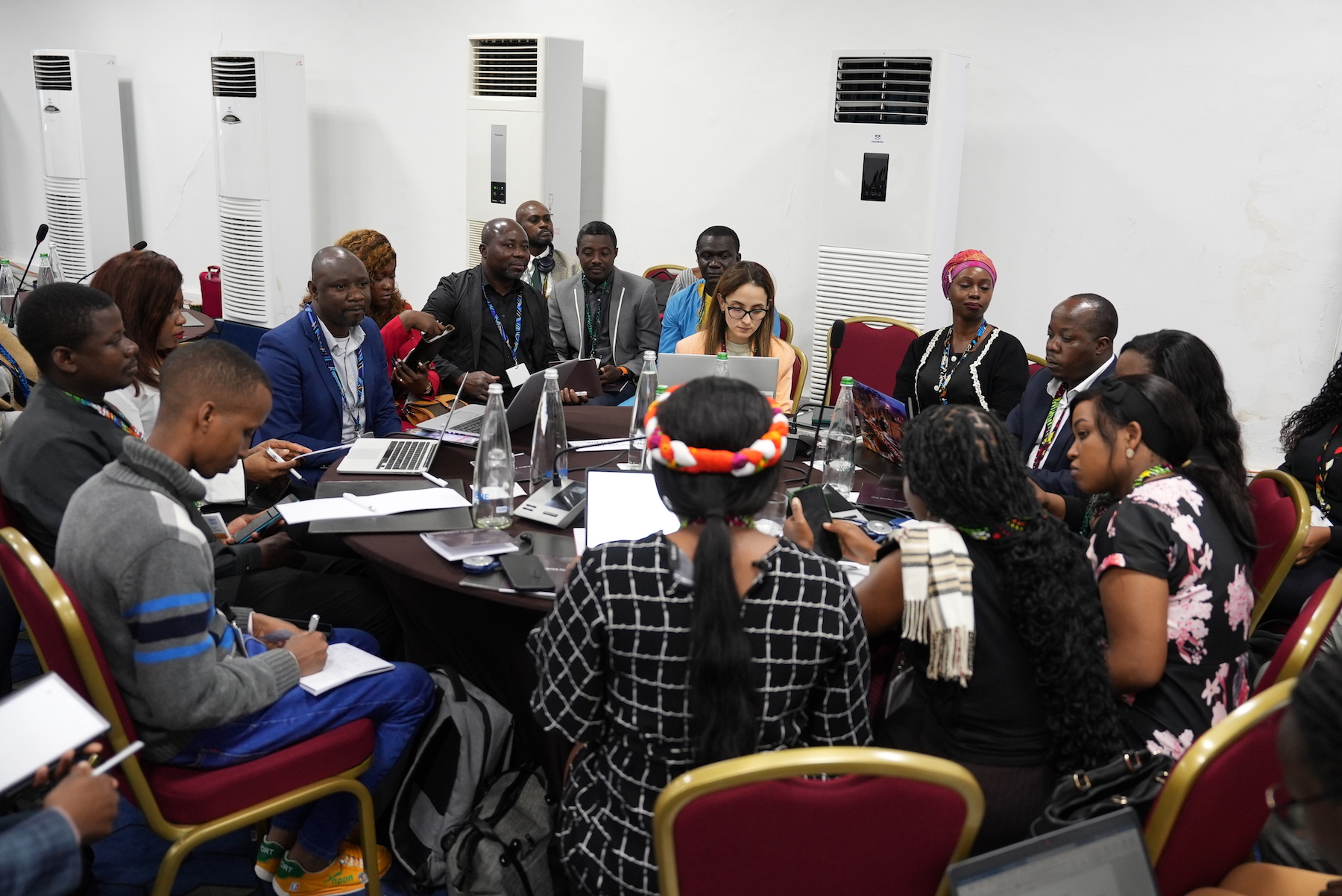
In an interview with Mongabay on the sidelines of the meeting, Stella Tchoukep, head of forest campaigns for Greenpeace Africa, stressed the importance of ensuring the rights of indigenous peoples and local communities as a prerequisite to combating land degradation and climate change.
“For these communities to become more involved in the fight against these scourges, they need to have secure land rights,” she said. “We need sustainable land policies to combat climate change and land degradation.”
Tchoukep highlighted the challenges faced by many communities in the Congo Basin, where economic and social development based on the exploitation of natural resources often conflicts with indigenous rights. She cited the example of oil exploration permits in and around the Conkouati-Douli National Park in the Republic of Congo, where the oil blocks overlap a protected area where many people live.
“We need to find ways to reconcile the need for development, the protection of community land rights and the protection of the environment,” she said. “Failure to secure community land rights would expose them to conflict.”
As the high-level segment of the meeting approaches, all eyes will be on Abidjan. The decisions taken at this conference of African environment ministers could mark a turning point in how the continent addresses its environmental challenges, by promoting a comprehensive and ambitious approach. The future of Africa’s environment, and by extension that of the planet, will rest largely on the ability of African leaders to translate the commitments made here in Abidjan into concrete actions on the ground.
A version of this story was originally published on our French website on September 3, 2024.
Mexico develops revolutionary method to reverse degradation of semi-arid lands
Study reveals widespread degradation and deforestation in African forests
COMMENTS: Use this form to send a message to the author of this article. If you would like to post a public comment, you can do so at the bottom of the page.
#African #environment #ministers #meet #discuss #pressing #challenges